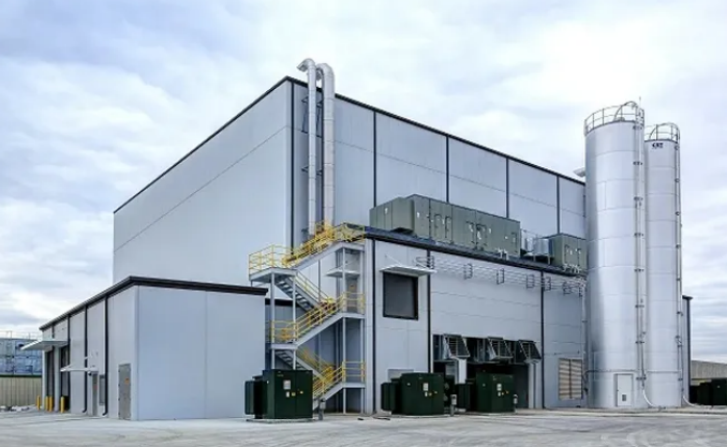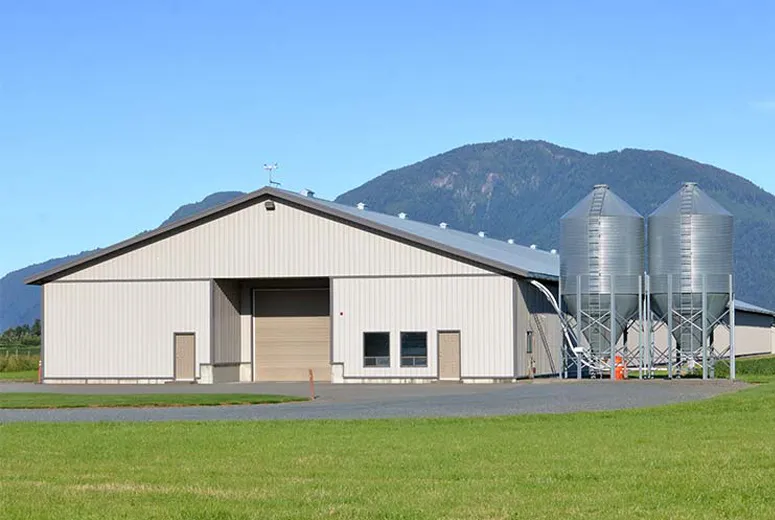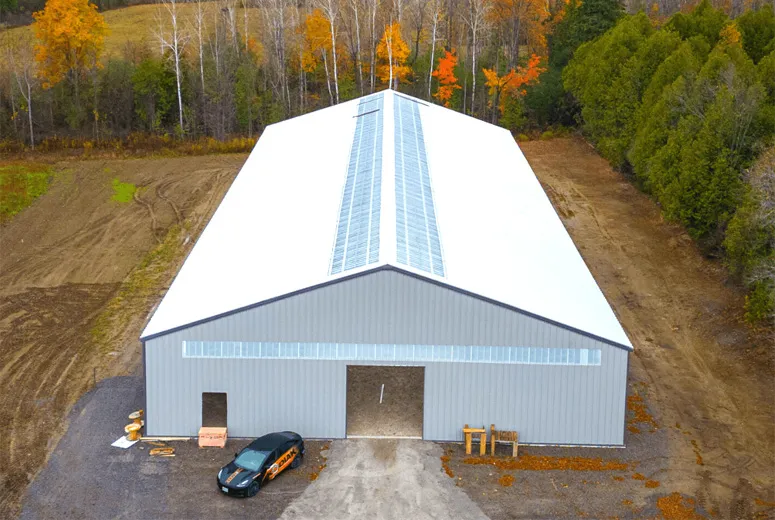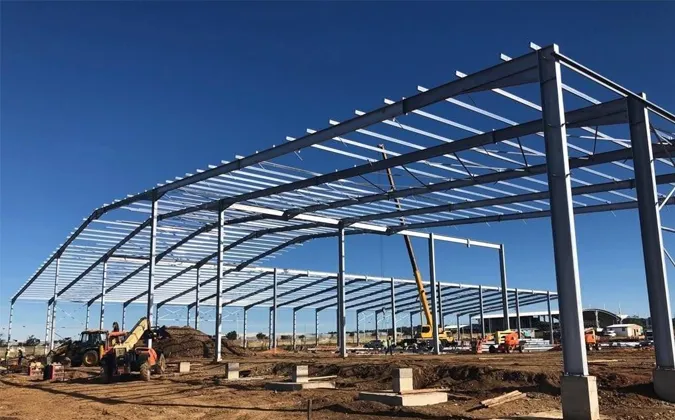- Afrikaans
- Albanian
- Amharic
- Arabic
- Armenian
- Azerbaijani
- Basque
- Belarusian
- Bengali
- Bosnian
- Bulgarian
- Catalan
- Cebuano
- Corsican
- Croatian
- Czech
- Danish
- Dutch
- English
- Esperanto
- Estonian
- Finnish
- French
- Frisian
- Galician
- Georgian
- German
- Greek
- Gujarati
- Haitian Creole
- hausa
- hawaiian
- Hebrew
- Hindi
- Miao
- Hungarian
- Icelandic
- igbo
- Indonesian
- irish
- Italian
- Japanese
- Javanese
- Kannada
- kazakh
- Khmer
- Rwandese
- Korean
- Kurdish
- Kyrgyz
- Lao
- Latin
- Latvian
- Lithuanian
- Luxembourgish
- Macedonian
- Malgashi
- Malay
- Malayalam
- Maltese
- Maori
- Marathi
- Mongolian
- Myanmar
- Nepali
- Norwegian
- Norwegian
- Occitan
- Pashto
- Persian
- Polish
- Portuguese
- Punjabi
- Romanian
- Russian
- Samoan
- Scottish Gaelic
- Serbian
- Sesotho
- Shona
- Sindhi
- Sinhala
- Slovak
- Slovenian
- Somali
- Spanish
- Sundanese
- Swahili
- Swedish
- Tagalog
- Tajik
- Tamil
- Tatar
- Telugu
- Thai
- Turkish
- Turkmen
- Ukrainian
- Urdu
- Uighur
- Uzbek
- Vietnamese
- Welsh
- Bantu
- Yiddish
- Yoruba
- Zulu
Oct . 13, 2025 15:58 Back to list
Prefab insulated metal buildings—including versatile prefab metal building models and durable prefab steel frame buildings—have become a top choice for industrial and agricultural clients, thanks to their exceptional energy efficiency that cuts long-term operational costs. Unlike traditional construction, these prefabricated structures leverage integrated insulation, precision steel framing, and smart design to minimize heat loss/gain, aligning with global sustainability goals. For wholesalers serving warehouse operators, manufacturing facilities, or poultry farmers, partnering with a supplier that delivers energy-optimized prefabricated steel buildings is essential. Hebei HongJi Shunda Steel Structure Engineering Co., Ltd., a seasoned firm founded in 2000 (with 52,000㎡ facilities and $2.5M registered capital), excels here: they specialize in designing, manufacturing, and installing prefab steel frame buildings (warehouses, workshops, poultry sheds) with cost-effective insulation solutions—leveraging strategic raw material procurement to keep bulk pricing competitive, making them a trusted partner for wholesalers.

Insulation Core Technologies for Prefab Insulated Metal Buildings
- Closed-Cell Foam Insulation for Thermal Barrier: Prefab insulated metal buildings from HongJi Shunda use closed-cell foam insulation (sprayed or panel-mounted) that creates an airtight thermal barrier, reducing heat transfer by 60% vs. open-cell alternatives. This insulation is injected between the steel framing of prefab steel frame buildings, eliminating gaps that cause energy waste. For example, a prefab metal buildingused as a cold storage warehouse maintains consistent internal temperatures (0–4°C) with 30% less HVAC energy than a traditionally insulated facility—critical for clients like food distributors. The company’s raw material procurement expertise ensures high-quality foam at bulk prices, letting wholesalers offer clients energy-efficient buildings without premium costs.
→ Reflective Foil Layers for Solar Heat Reduction: To combat solar heat gain (a major energy drain in warm climates), prefab insulated metal buildings include reflective foil layers under the roof panels. These layers reflect 85% of solar radiation, preventing excess heat from entering the building and reducing AC usage by 25%. HongJi Shunda integrates this feature into prefab steel frame buildings for poultry sheds—where temperature control is vital for livestock health—ensuring the interior stays 5–8°C cooler than outdoor temperatures without overworking fans. This solar resistance adds value for wholesalers targeting clients in sunny regions, as it lowers long-term utility bills.
Energy-Saving Design Features of Prefab Metal Building
▪️ Airtight Sealing & Weatherstripping: Prefab metal building designs prioritize airtightness, with HongJi Shunda using high-grade weatherstripping around doors, windows, and panel joints to prevent air leakage. Unlike traditional buildings (which lose 20–30% of energy through gaps), these prefabricated structures have leakage rates as low as 5%. For instance, a prefab insulated metal building used as a manufacturing workshop retains heated air in winter, cutting furnace runtime by 15 hours weekly. The company’s precision manufacturing (honed through 20+ years of steel structure experience) ensures panels fit seamlessly, minimizing the need for on-site adjustments—and reducing wholesalers’ client complaints about energy inefficiencies.
▪️ Optimized Roof & Wall Profiles: Prefab steel frame buildings feature roof and wall profiles engineered for energy efficiency. HongJi Shunda’s roof panels have a 3:12 slope (ideal for shedding rain/snow) paired with extra insulation (R-value 30) in cold climates, while wall panels use ribbed designs that enhance insulation retention. A prefab metal building warehouse with this design uses 40% less energy for heating than a flat-roofed traditional warehouse. This design versatility lets wholesalers cater to clients across climates—from cold agricultural regions (needing high R-values) to warm industrial zones (needing solar reflection).
Prefab Steel Frame Buildings & Energy Efficiency Comparison
|
Building Type |
Key Energy-Efficiency Trait |
Ideal Application |
HongJi Shunda Advantage |
Wholesaler Value |
|
Prefab Insulated Steel Warehouse |
High R-value (R-25–R-30); airtight seals |
Cold storage, logistics centers |
Bulk raw material sourcing; consistent insulation quality |
Appeals to logistics/ food clients |
|
Prefab Metal Workshop |
Reflective roof; optimized ventilation |
Manufacturing facilities |
Precision framing; low air leakage (<5%) |
Caters to industrial manufacturers |
|
Prefab Steel Poultry Shed |
Temperature-regulating insulation |
Livestock farming |
Foil layers + foam insulation; livestock-safe materials |
Fits agricultural clients |
Prefab Insulated Metal Buildings FAQS
How Does Prefab Insulated Metal Buildings Compare to Traditional Brick Buildings in Energy Use?
Prefab insulated metal buildings use 30–50% less energy than traditional brick buildings. Brick has low insulation value (R-value ~2) vs. the R-20–R-30 of HongJi Shunda’s insulated metal panels, and brick buildings often have more air leakage. Wholesalers can highlight this cost gap to clients focused on long-term savings—especially industrial clients with high monthly energy bills.
Can Prefab Steel Frame Buildings Be Customized for Extreme Climate Energy Needs?
Yes— HongJi Shunda customizes prefab steel frame buildings for extreme climates: in cold regions, they add double-layer insulation (R-35) and heated gutter systems to prevent heat loss; in hot, humid areas, they integrate extra reflective layers and cross-ventilation designs. For a wholesaler’s client in a northern region needing a prefab insulated metal building warehouse, the company can boost insulation to R-35, cutting heating costs by 45%. This customization lets wholesalers serve niche climate-specific markets without partnering with multiple suppliers.
What Is the Payback Period for Energy Efficiency in Prefab Metal Building?
The payback period for prefab metal building energy efficiency is typically 2–4 years—faster than traditional buildings (5–7 years). HongJi Shunda’s cost-effective insulation (thanks to bulk raw material purchases) keeps upfront costs low, while energy savings average 5,000–10,000/year for a 1,500㎡ building. For example, a prefab steel frame building poultry shed saves $7,000/year in HVAC costs, paying back insulation investments in 3 years. Wholesalers can use this data to reassure clients that energy-efficient designs are a smart financial choice.
Do Prefab Insulated Metal Buildings Require Special Maintenance for Energy Efficiency?
No— maintenance is minimal. HongJi Shunda recommends annual checks of weatherstripping (to replace worn sections) and insulation panels (to fix any gaps)—a 1–2 hour task per building. Unlike traditional buildings (which need re-insulating every 10 years), prefab insulated metal buildings retain insulation effectiveness for 20+ years. For a wholesaler’s client with 5 prefab metal building warehouses, this means $10,000+ in avoided re-insulation costs over a decade—reducing client maintenance budgets.
Does HongJi Shunda Offer Bulk Pricing for Prefab Steel Frame Buildings to Wholesalers?
Absolutely— HongJi Shunda provides tiered bulk pricing for prefab steel frame buildings: orders of 5+ buildings get 10% off, and 10+ orders get 15% off. The company’s strategic raw material inventory (a core part of their operations) ensures consistent supply for large wholesaler orders, with delivery times of 4–6 weeks for bulk projects. For example, a wholesaler ordering 8 prefab insulated metal building workshops can pass 5% savings to clients while boosting their own profit margins. This bulk support strengthens wholesalers’ ability to serve large-scale clients like industrial park developers.
-
Bolted Connections in Steel Frame Warehouse
NewsNov.17,2025
-
Hay Storage in Farm Metal Buildings
NewsNov.17,2025
-
Advantages of a Steel Portal Frame Shed
NewsNov.17,2025
-
The Erection Process of a Steel Building Hangar
NewsNov.17,2025
-
Energy Efficiency of Steel Dome Garage Kits
NewsNov.17,2025
-
Fire Resistance of Kit Metal Garages
NewsNov.17,2025
Products categories
Our Latest News
We have a professional design team and an excellent production and construction team.












